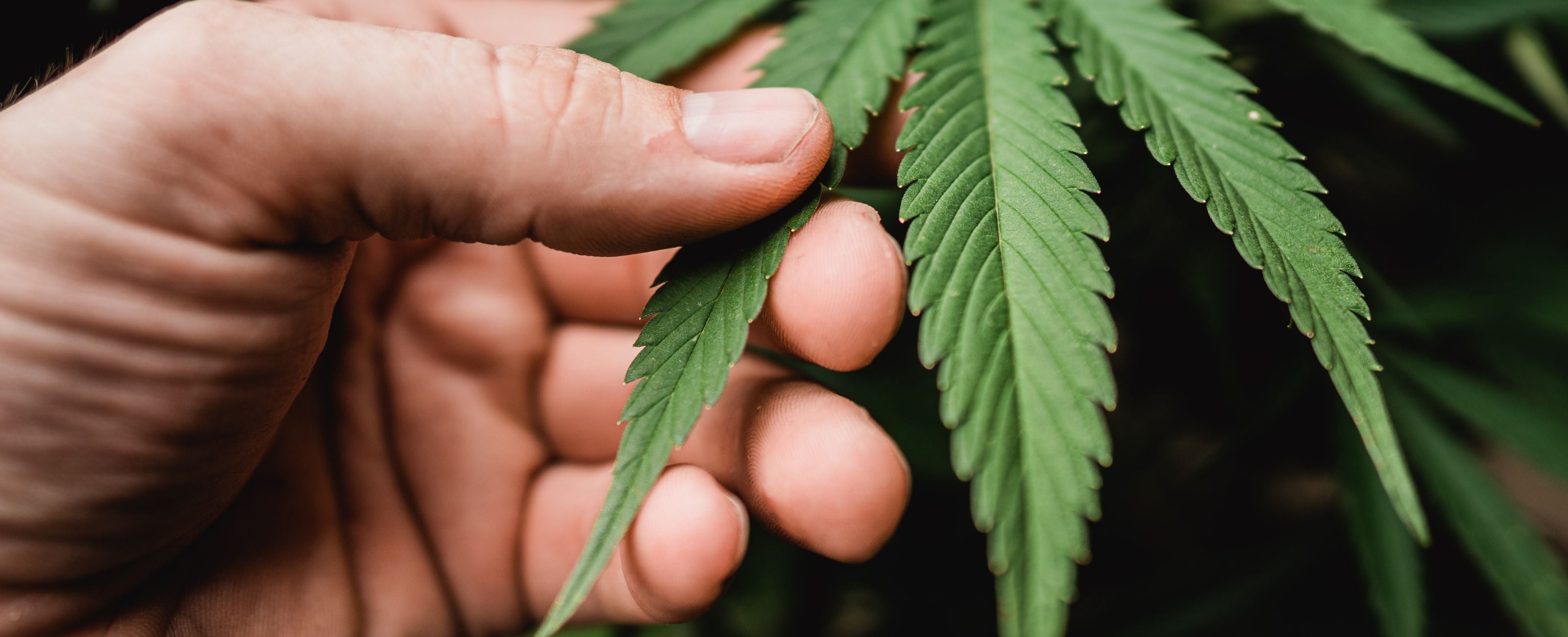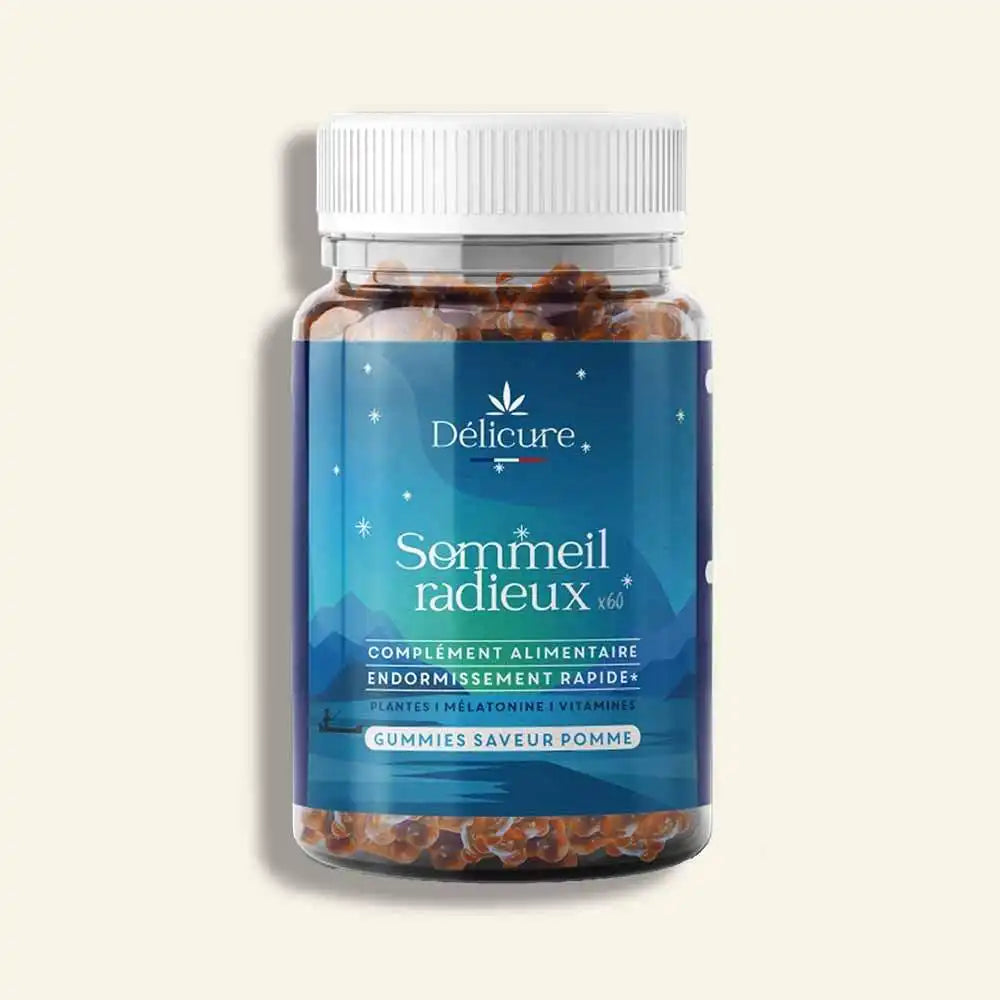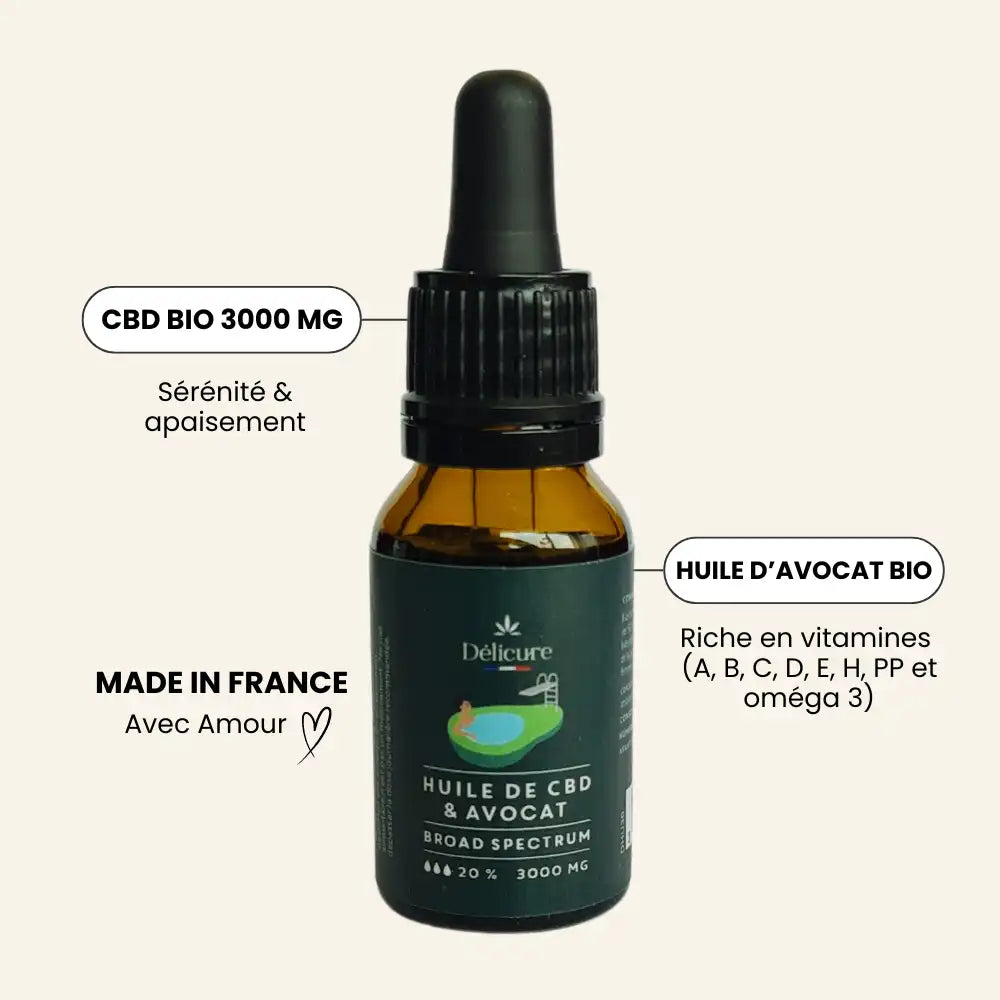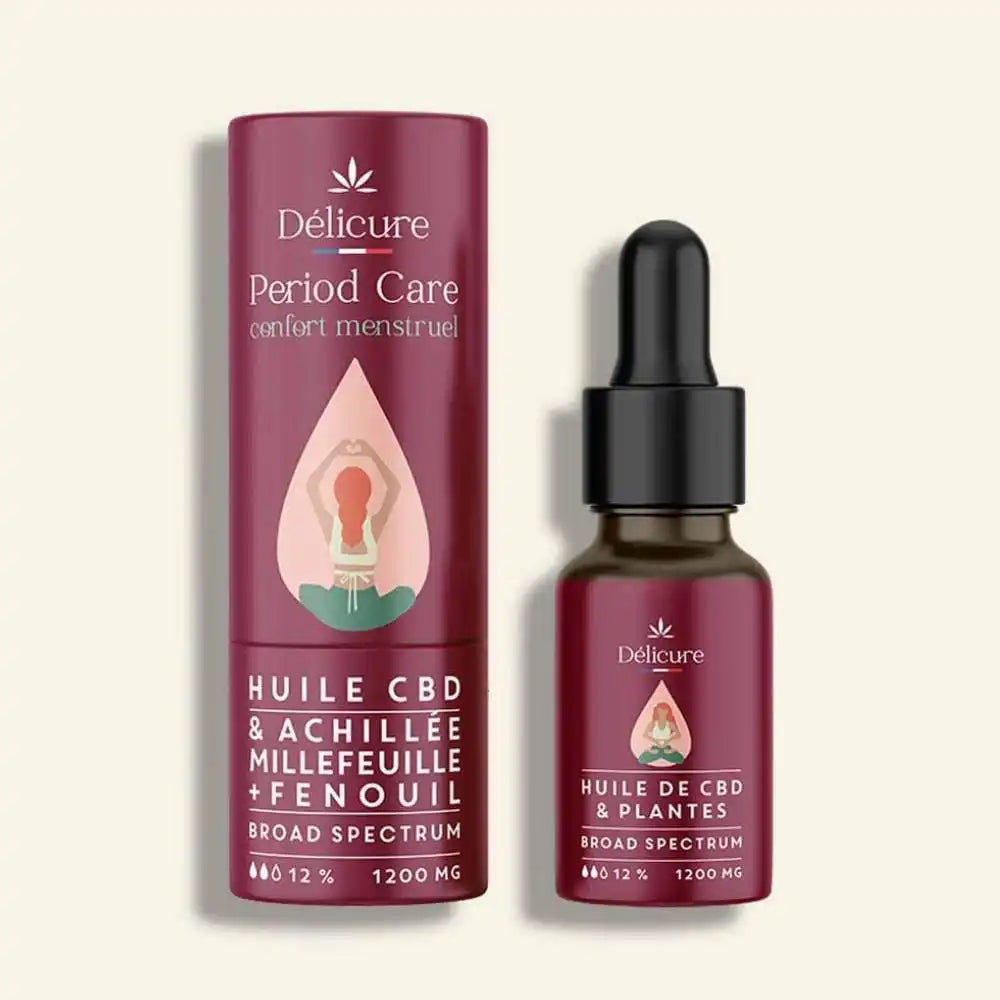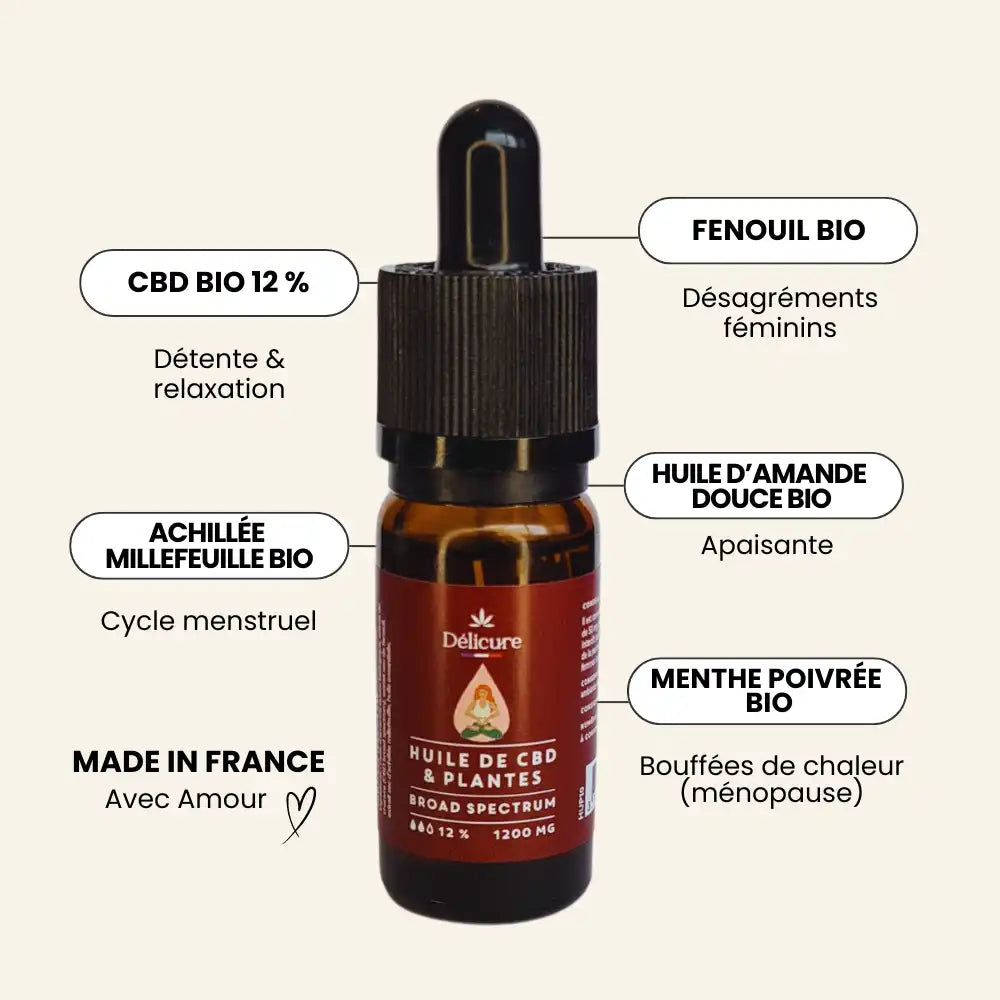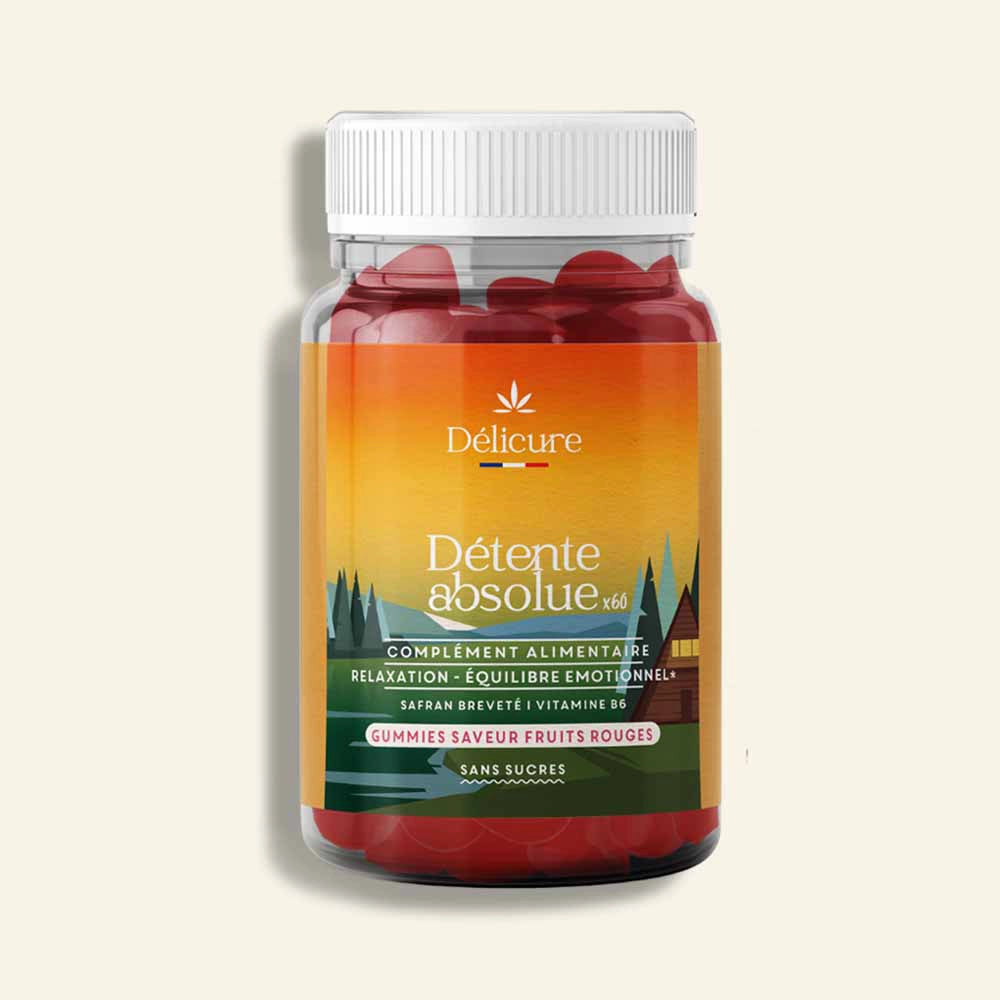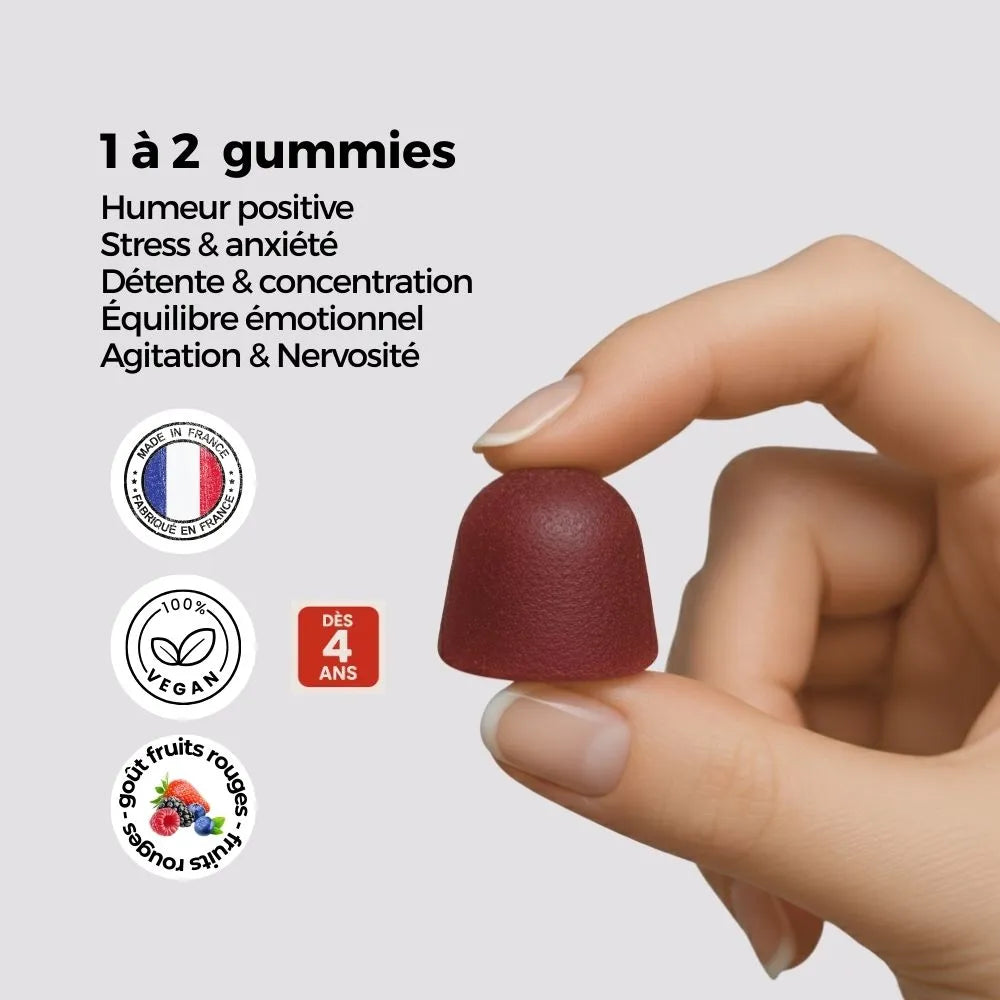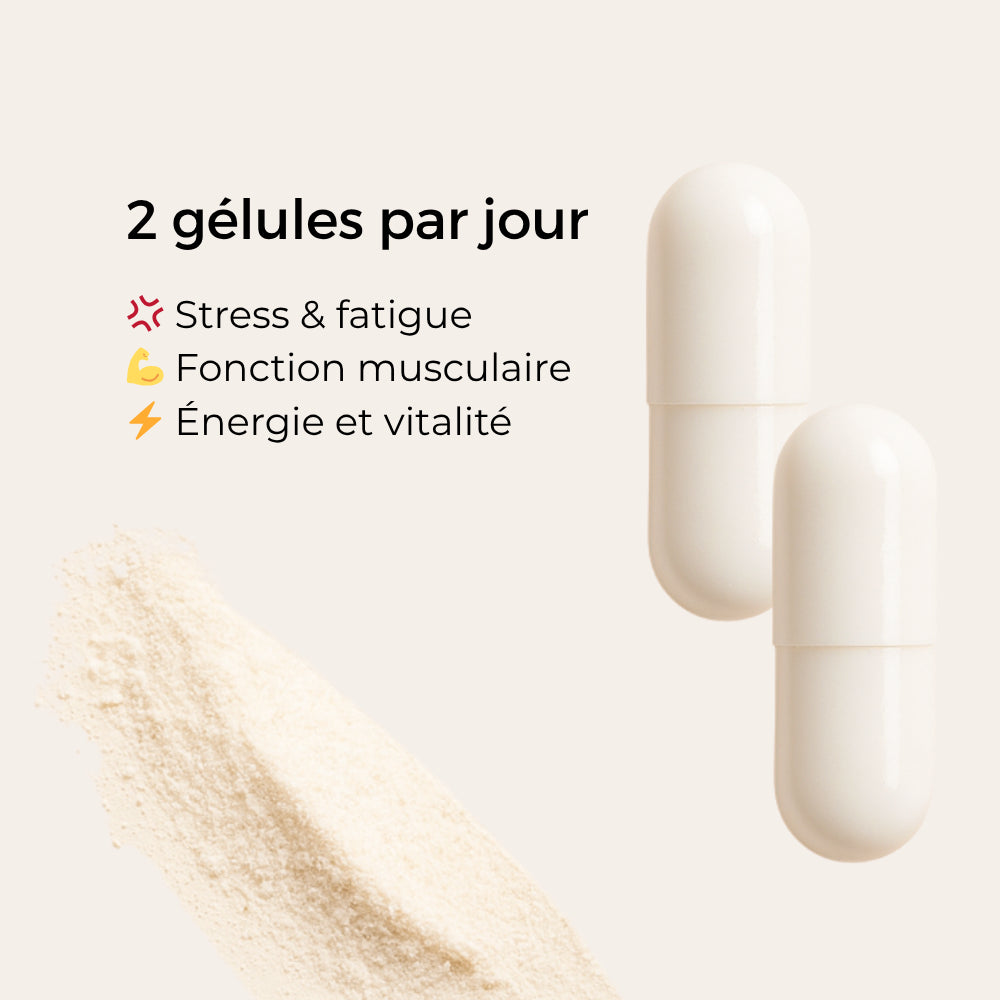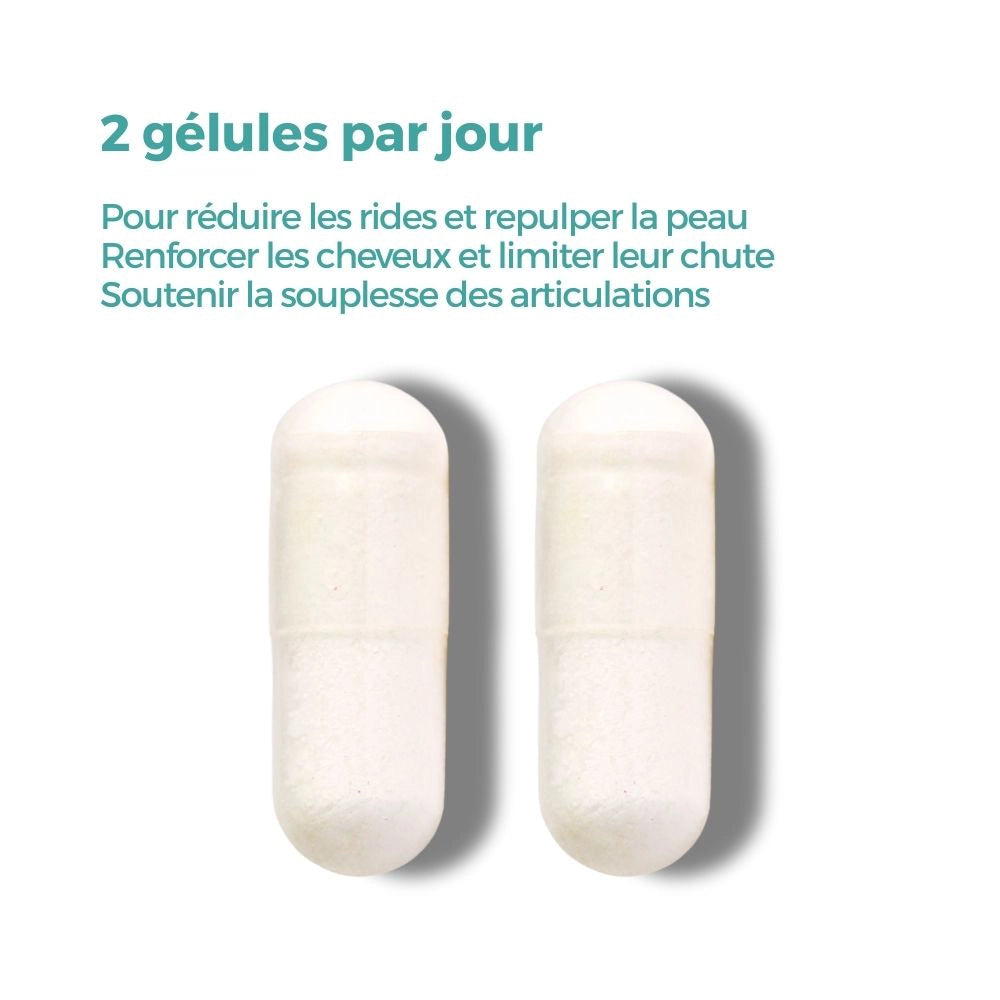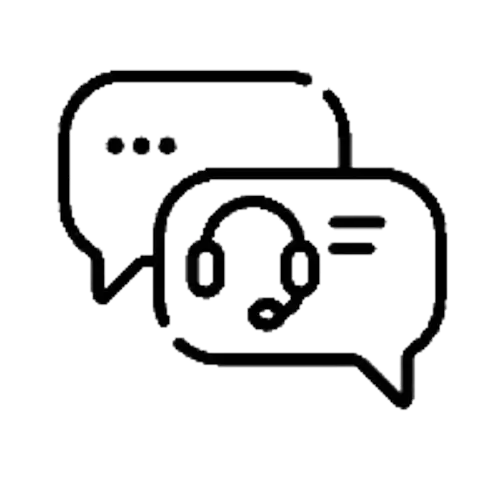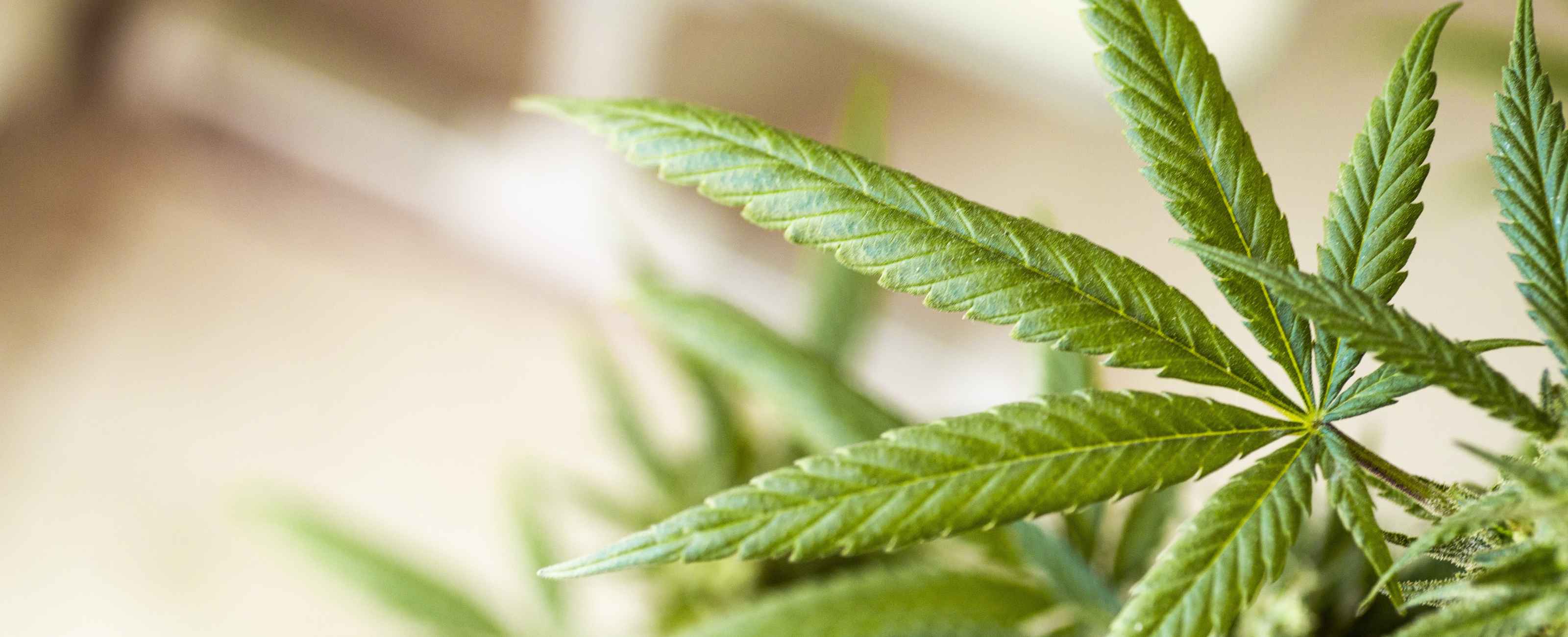
What is CBD?
What is CBD?
For several years we have seen products containing this mysterious abbreviation popping up everywhere, but what does this term mean?
CBD means “cannabidiol”, it is a molecule that is part of the cannabinoid family that is mainly found in the flowers of the hemp plant. It is the second most studied cannabinoid after THC. Unlike THC, CBD does not have a narcotic effect and therefore does not cause physical dependence . This is why CBD is not classified as a narcotic substance. CBD is completely legal . It does not cause narcotic effects, addiction, or other notable side effects . CBD is today prescribed medically in many countries for its anti-inflammatory, painkiller and analgesic, antidepressant and anxiolytic, antiepileptic or against insomnia, nausea or vomiting properties. But then where does this molecule come from and how does it act on our body?
A little history :
CBD comes from the hemp plant, also known as “cannabis”. Hemp ( cannabis sativa subsp. sativa ), sometimes called industrial hemp, or agricultural hemp, or even textile hemp, is a plant originally native to Asia, and used by humans since the Neolithic for its numerous properties. Since 600 BC, the Chinese used it for many purposes, before it was widely used in India. The cultivation of hemp is therefore centuries-old and is disseminated at the heart of multiple sectors of activity, ranging from the agri-food industry, to the textile industry, to cosmetics, to construction materials (composite materials), to the field of insulation (sound insulation, thermal insulation), paper manufacturing, or even food supplements, etc.
France is also the leading hemp cultivator in Europe with thousands of hectares cultivated each year by farmers.
The use of hemp is generally unknown because hemp often has a very bad reputation due to the amalgam made with hashish (which is a resin from female hemp flowers) which contain cannabinoids (concentration of THC ) and which lead to during psychotropic effects (psychotropic substance). Depending on the states of the world, its use (generally for smoking, or in infusions) is prohibited and falls within the framework of prohibition, even if the global trend (since the 2000s) is moving more towards progressive legalization ( medical cannabis). It was in the United States, in 1940, that American researcher Roger Adams succeeded in isolating the CBD molecule for the first time. It was only decades later, in 1963, that Raphael Mechoulam, an organic chemist and professor at the Hebrew University of Jerusalem, managed to discover the exact molecular structure of CBD.

What are the effects of CBD?
Since the discovery of this molecule, several studies have been carried out. They were thus able to demonstrate the effects of CBD on numerous fields of action, namely: promoting calm, reducing neuropathic pain, nausea, rheumatism, inflammatory pain or even reducing appetite.
A study published in 2017 highlights the ability of CBD to restore the body's homeostasis in the human body, the different homeostatic processes maintain the levels of water, oxygen, pH and blood sugar, as well as the body temperature.
According to another study published in 2019 https://pubmed.ncbi.nlm.nih.gov/30157131/, CBD would also promote the production of serotonin, more commonly called the happiness hormone. Serotonin is an essential hormone in our body, it regulates mood, stress and sleep. This study highlights the modulation of serotonergic transmission as well as the suppression of allodynia and anxious behavior in cases of neuropathic pain. by cannabidiol
How does CBD work?
Like all cannabinoids, CBD influences the endocannabinoid system.
The endocannabinoid system (or ECS) is a vast network of receptors that we all have, it is a system of CB1 and CB2 cannabinoid membrane receptors, endogenous ligands called endocannabinoids as well as enzymes (proteins that activate or accelerate a chemical reaction ) responsible for the synthesis and degradation of these molecules.
These receptors are located in many places in our body: central nervous system, lungs, bones, spleen, skin, vascular system, muscles, immune system, liver, pancreas.
The endocannabinoid system (ECS) therefore plays roles far too numerous to list. We can particularly highlight its role in the management of stress responses, neuronal plasticity , the control of emotions , the control of appetite and lipogenesis but also in the functioning of the cardiovascular system as well as the (formation of cells greasy). It takes part in the management of stress responses at the hormonal level (secretion of adrenaline and corticosterone) and in the control of inflammation and the activity of immune cells.
At Délicure, we offer a wide range of CBD products: CBD gummies which are sources of energy, CBD candies , sugar-free or with French honey, a fun and practical format for a moment of everyday relaxation or even our 100% natural broad spectrum organic CBD oils .
--
Watch our video on the 8 most asked questions about CBD:







